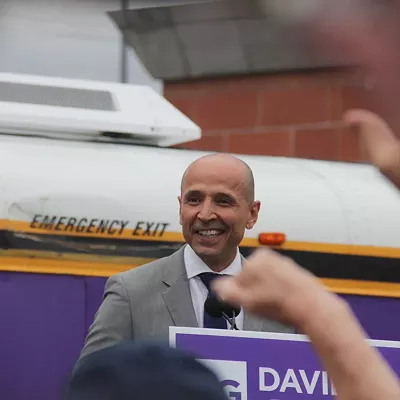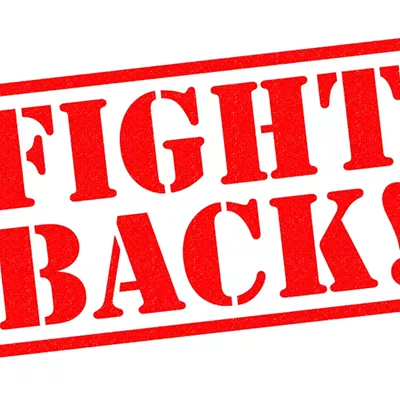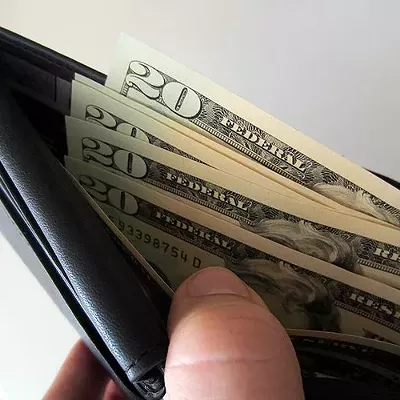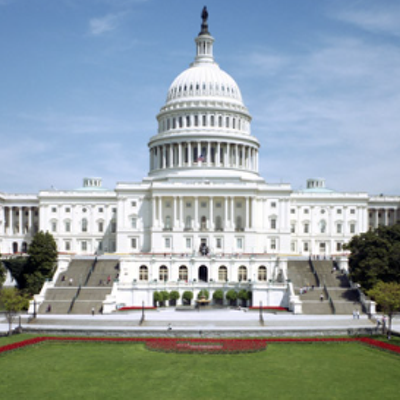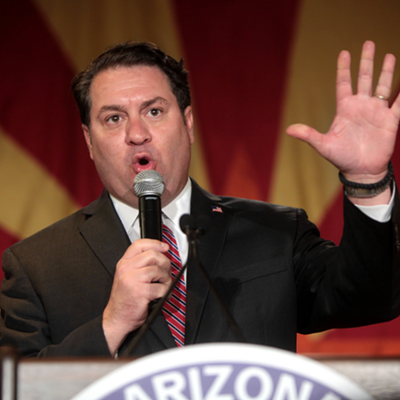Executive Inaction
White House delays unilateral immigration reform until after November election
When immigration reform collapsed earlier this year in the House of Representatives, President Barack Obama said he'd do whatever he could do with his powers of executive action to push through new policies.
While the White House didn't release a detailed list of what that meant, exactly, the most controversial element had to be providing some kind of legal shelter to the undocumented immigrants now in the country.
It's those undocumented immigrants—maybe 12 million, maybe more, maybe less—that have remained a sticking point in getting comprehensive immigration reform through the Republican-controlled House of Representatives. Democrats want the undocumented immigrants to come out of the shadows, get a legal status in the United States, pay fines and back taxes and start on a long path to citizenship, while Republicans want anything from some kind of legal status (though most oppose a path to citizenship) to deportation of the whole lot of 'em.
Obama has already provided the so-called DREAMers—younger immigrants who came to the U.S. as children and think of the country as their native home—with protection from deportation through the Deferred Action for Childhood Arrivals program, or DACA. But immigration advocates have been urging him to extend that prosecutorial discretion to a larger group of the undocumented.
It appeared as though Obama was planning on doing just that. He had told the press that he would act by the end of the summer, but over the weekend, he announced instead he would wait until after the November election.
During an appearance on "Meet the Press," Obama said the decision to delay executive action was more about new complications in the immigration debate that emerged after the influx of unaccompanied minors on the borders.
"When I take executive action, I want to make sure it's sustainable," Obama said. "What I'm saying is that I'm going to act because it's the right thing for the country. But it's going to be more sustainable and more effective if the public understands what the facts are on immigration."
The delay brought complaints from Republicans and Democrats alike that the White House was playing politics with the immigration issue. U.S. Sen. Jeff Flake, a Republican who co-sponsored the immigration legislation that passed the Senate last year, said that "the president has made what was already a political move even more transparently political. Such action will make genuine reform of our immigration system even more difficult."
While it's hard to imagine how immigration reform could be more difficult—the House of Representatives doesn't seem inclined to do much of anything other than militarizing the entire Southern border—Flake isn't alone in criticizing the president. On the other end of the political spectrum, Southern Arizona Congressman Raúl Grijalva (D-CD3) blasted Obama for delaying the executive action.
"The president's actions leave those who looked to him for hope feeling alone, ignored and used," Grijalva said. "They are being asked to wait again when there is no patience left. Every day that goes by, more families are splintered and more kids are forced to grow up apart from their parents. No senate seat is worth that."
Congressman Ron Barber (D-CD2) said Obama should let Congress handle immigration reform.
"Securing our border and fixing our broken immigration system have been among my top priorities," Barber said. "This is a job that Congress must do and the president cannot and should not do it alone. For any president to try to usurp the responsibilities of Congress on any topic—including immigration—would be wrong; I don't care who is in the presidency. I remain deeply concerned about unilateral decisions by the president. This increase in presidential authority ignores the constitutional role of Congress and upsets the checks and balance system that is fundamental to our democracy."


